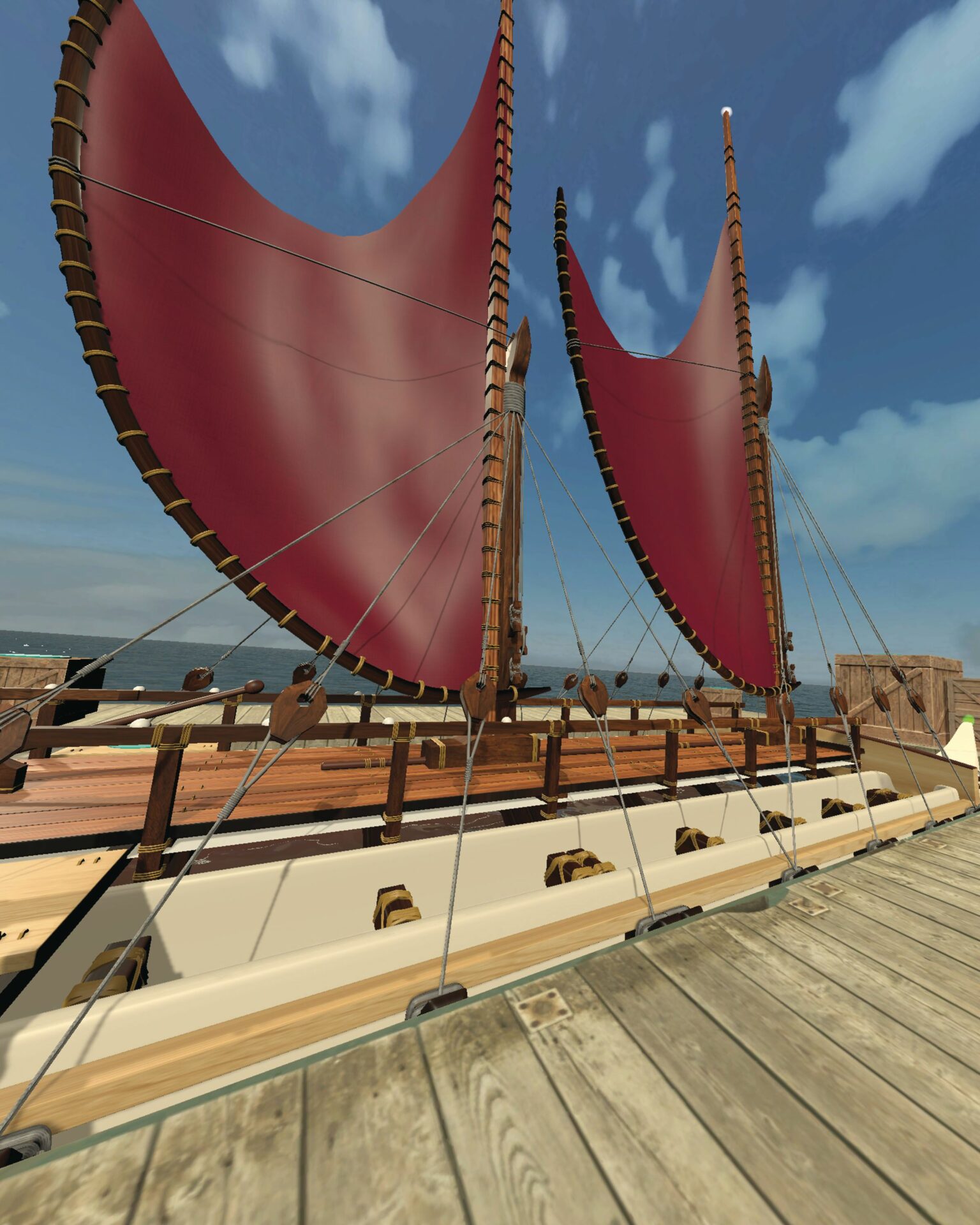
Kilo Hōkū : Hawaiian Wayfinding Resurfaced
– Kari Noe
These are the words of Kari Noe, a Hawaiian artist and researcher born and raised on the island of Kaua’i. She is situated within a network of artists and scholars from the Pacific region who challenge and re-examine global views of intersectional and diasporic Pacific, Polynesian, Asian, and Indigenous communities.2 2 - For comprehensive profiles of contemporary Asian/transpacific artists, see Margo L. Machida, “Pacific Itineraries: Islands and Oceanic Imaginaries in Contemporary Asian American Art,” Asian Diasporic Visual Cultures and the Americas, vol. 3, no. 1 — 2 (2017): 9. Her recent works have been instrumental in their ability to inform viewers on various aspects of Hawaiian culture and history. Kilo Hōkū (2017–ongoing) in particular has contributed effectively to this discourse as a result of its presence as an interactive educational tool. In her community-oriented, collaborative practice, Noe is unique in her capacity to engage with audiences on an intimate level that encourages discussion and promotes the sharing of ancestral knowledge by Hawaiians and non-Hawaiians, both of whom benefit from learning about Hawaiian cultural practices and histories.
One of the ongoing challenges faced by Pacific Islanders is the sense of inferiority that is often manifested from living on a relatively isolated island. On her upbringing in Kaua’i, Noe writes, “It really does take work to make yourself believe that you could be more than what is expected of you. What is expected of you as someone from a small island is to not amount to much. If you are from the middle of nowhere, you are convinced through media and other forces that you are not empowered to break any sort of cycle or challenge the status quo that your family or community has.” 3 3 - Noe, interview, 2018.
